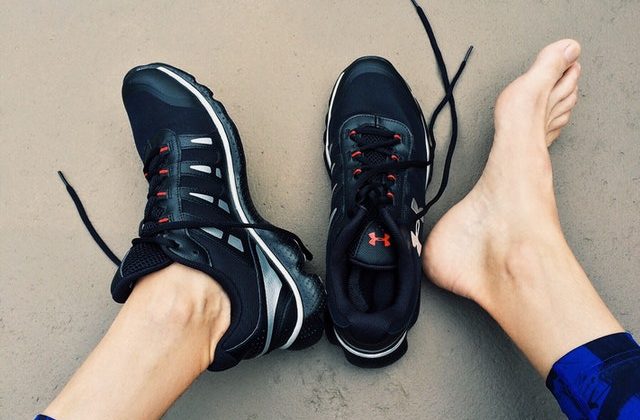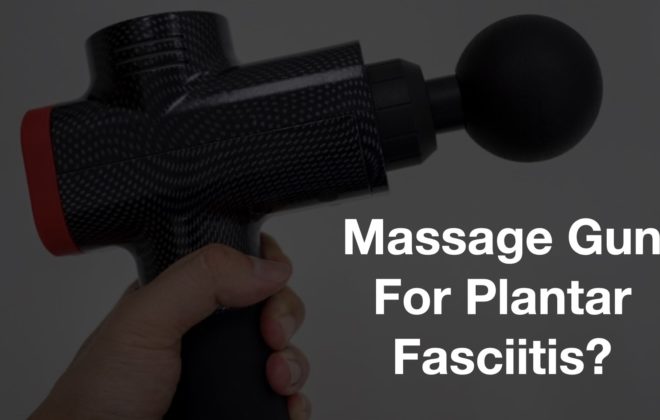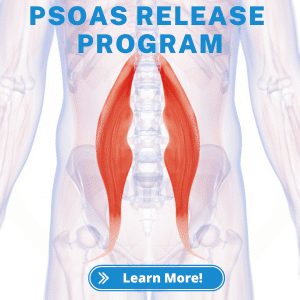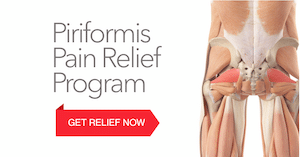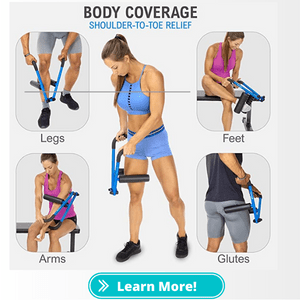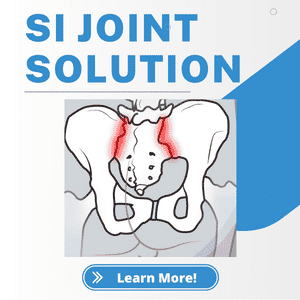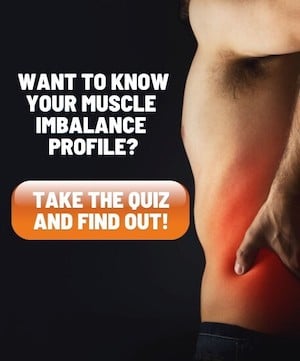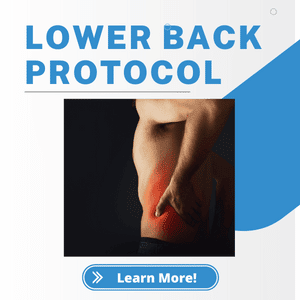Can Orthotics Help With Pain?
 Biomechanics of the lower body are not as simple as they might appear. There's quite a bit of pressure involved in every step we take, and even if we take it for granted, our feet and knees are always subject to a lot of stress.
Biomechanics of the lower body are not as simple as they might appear. There's quite a bit of pressure involved in every step we take, and even if we take it for granted, our feet and knees are always subject to a lot of stress.
The good news is, we are built to handle this kind of stress. There are some specific circumstances, however, that can cause us to need some extra help. This is where orthotics may be helpful.
Orthotics is a speciality that focuses on creating devices called orthoses. There are shaped according to the contours of your limbs or to stabilize, alter or reduce range of motion, depending on what they are being used for.
In foot orthoses, special inserts like arch supports, or even special shoes can be designed with the intent on changing how we walk or run.
All of this sounds very powerful in its potential to affect the body, and many people presume all sorts of physical issues may be improved by the use of orthotics for the feet, but does it really work this way?
How effective are orthotics really?
Do you really need orthotics?
The orthotics field is complex, and if we want to consider the relationship between orthotics and pain, we have to narrow down the focus to two different types of pain that are pretty common: foot pain and lower back pain.
One of the most reliable sources of scientific info comes from Cochrane reviews, and one of them analyzed whether or not custom-made foot orthoses are helpful to address foot pain.
The authors concluded that there is very good evidence that they improve pain in SPECIFIC pathologies, such as pen cavus, plantar fasciitis, hallux valgus, and various types of arthritis.
If any of these aren't present, according to their review, there is limited evidence for assigning custom-made foot orthotics (1).
What about back pain? Since there is not that much evidence, this is where the controversy shows up. If we look through the literature, some studies show that id does work to alleviate back pain.
However, after taking a looking further into the research, there appears to be a lack of real scientific arguments, while others report that orthotics for back pain have the same effect as placebo.
Despite the apparently reasonable-sounding claims by people who want to make the sale, there are 4 main issues that appear to benefit from orthotics, and a few others that might as well:
- Plantar fasciitis: This is essentially inflammation in the sole of the foot, around the heel and arch. It's quite painful in the morning, and is thought to be often caused by increased pressure over your plantar fascia ligaments (2,3).
- Arthritis: When arthritis affects the joints of the foot, orthotics might come in handy. This is especially true in the case of things like deformative arthritis like rheumatoid arthritis (4). Still, according to the literature, arthritis by itself is not an indication for orthotics, and they are often used when it's not really necessary (5).
- Metatarsalgia: In this case, an evaluation of the gait cycle and abnormalities of the foot may be needed to find the potential source of pain. In some cases, it is associated with overloading abnormalities, and orthotics may come in handy and improve symptoms in both the short and long term (6,7).
- Diabetes and other foot-related pathologies: Pathologies that compromise circulation of the foot may require orthotics in order to reduce pressure on the planter foot and in the incidence of some complications, such as in the case of diabetes (8).
So, what if you do NOT have any of these issues? Can orthotics help?
Well, it's possible, but there isn't much research to support the use of them in such cases.
What about orthotics to improve postural pain?
You may have noticed that back pain is not listed as a problem that requires the use of orthotics...
That's because there's no clear evidence that they can directly improve back pain issues!
You might be wondering, ok...but what about improving posture? Doesn't improved posture mean less pain?
Of course one of the most common arguments is that orthotics will improve posture as a result of changing gait, and as a result, back pain is resolved.
This depends greatly on WHY the postural issue exists. (well beyond the scope of this blog post). In short, most back pain is classified as "non-specific", and it's often resistant to most forms of standard therapy.
This is because there's most often many sources of input that contribute to the pain (speaking especially toward chronic back pain) and trying to address it with a pair of orthotics isn't going to work (9).
So, even though poor posture, work ergonomics, etc. can contribute to pain, it's often given way more importance than it deserves.
One area to look at is leg length differences. It's often thought that if you have a "short leg", your gait will become irregular and you will end up with some type of physical pain, whether it be knees, hips, lower back, etc.
Studies show that assessments of leg length differences are likely to be biased, even in chiropractors with over 30 years of experience (10)!
Even if you do have a significant difference, it is clear that people with this problem do not have more back pain issues relative to everyone else (11).
Orthotics for lower back pain: Yay or Nay?
A recent systematic review and meta-analysis of several clinical trials on shoe insoles and its relationship with low back pain state that there is not enough evidence to support the use of insoles to treat or prevent low back pain (12).
Even though some studies claim that there’s a significant improvement after using orthotics (13), the truth is that after analyzing the methodology of their studies, there’s a statistical but not a clinical significance. In other words, even though their statistics might seem to indicate that there’s an improvement, it is not translated into real value in the clinical practice (14).
So to sum it up, orthotics appear to be most helpful when they are used for specific types of pain, mainly located in the foot and associated with overloading and pressure problems.
Since orthotics, especially when custom-made, can get pretty pricy, they clearly aren't the go-to when it comes to other types of chronic aches and pains.
They certainly don’t have more direct value than hands-on massage techniques, exercises, stretches, and self-mobility drills.
Tags In
Sam Visnic
Most Popular Posts
Categories
- Deep Gluteal Pain Syndrome (8)
- Deltoids (2)
- Foam Rolling (2)
- Glutes (9)
- Hamstrings (5)
- Hypnosis for Pain (3)
- Lats (2)
- Levator Scapulae (4)
- Lifestyle (8)
- Massage Therapy (39)
- Mobility (21)
- Movement and Exercise (19)
- Muscles (22)
- Nutrition (2)
- Obliques (1)
- Pain (25)
- Pectorals (3)
- Piriformis (3)
- Plantar Fasciitis (11)
- Psoas (11)
- Quadratus Lumborum (3)
- Quadriceps (2)
- Rhomboids (3)
- Sciatica (1)
- Serratus Anterior (1)
- SI Joint (14)
- Sternocleidomastoid (1)
- Stretching (18)
- Subscapularis (1)
- TMJ (2)
- Trapezius (1)
- Uncategorized (12)

